|
It’s possible I just kinda sorta met my soulmate. My Nora Ephron soulmate, that is.
I don’t remember exactly when Amazon alerted me to Linda Yellin’s What Nora Knew (other than it was earlier this year), but I had downloaded a sample on my Kindle and figured I would get to it at some point during my Year With Nora Ephron. I got to it this past weekend. Especially after I saw it on sale for a buck-99. Here's the product description: Molly Hallberg is a thirty-nine-year-old divorced writer living in New York City who wants her own column, a Wikipedia entry, and to never end up in her family’s Long Island upholstery business. For the past four years Molly’s been on staff for an online magazine, covering all the wacky assignments. She’s snuck vibrators through security scanners, speed-dated undercover, danced with Rockettes, and posed nude for a Soho art studio. Yellin knew her audience—I could have sworn she’d written it for me personally. In fact, I found myself wishing I had written it. And any book that has me wishing I’d written it is what makes writing such a challenge and reading so pleasurable. (That’s not the only criteria, but it certainly makes things interesting.) It wasn’t simply the subject matter—although let’s face it: I might not have picked up the book in the first place, much less noticed it—but the writing itself. Molly had a distinct voice. The story hit all its pulse points. And it was smart. Amusing. Romantic. Yellin captured the New York and Hamptons scene I had failed to capture in Faking It. She captured the wittiness I love. And there were little Nora Ephron Easter Eggs hidden all over the place. Even if I had tried to write that book, I wouldn’t have succeeded. But it at least makes me want to try. Not to write that book, but one that Linda Yellin would like. I couldn’t find much about Yellin other than her website—she doesn’t seem to have a social media presence—but her previous two books are now on my reading list. And if anyone reading this happens to know her, tell her I’d like to meet her on the observation deck of the Empire State Building sometime. Preferably in October. I just love New York in the fall.
There was no way I could have known.
No way, in 2005, when I finished the first draft of my first novel, Faking It, that twelve years later it would sell over 200,000 units in three languages worldwide. I had no idea that in 2010 it would sell close to 16,000 copies in one week as a self-published book, or that it would be re-released in 2011 by a publishing company owned by the largest online retailer in the world. No. Way. And yet, that is exactly what happened.
That's cause for celebration, yes?
And so, I want to celebrate by giving away a Junior's cheesecake. I think Andi and Devin would approve. Because were it not for you, this milestone wouldn't have been possible. Subscribe to my mailing list below and be automatically entered to win. Runner-up will win an audiobook version of Faking It. Winners will be selected and announced via email on March 24. Save the date! Several weeks ago, I was invited by Amazon Publishing author Anne Charnock to answer some questions about my current work in progress and a little about my writing process. She gave me a set of questions to answer (you can see her answers here). This post is already long overdue, so without further delay...
1) What are you working on? My loyal readers know I never talk about my works-in-progress! To do so would be akin to constantly opening the oven door while the cookies are baking. I will say this, however: My NaNoWriMo manuscript is simmering (slightly off from the metaphor above, although we're at least still in the cooking theme). Recently my developmental editor reported that she saw a tweet from an author who bragged about self-publishing his NaNoWriMo novel days after finishing it. We both gasped--the horror! It's not a strategy either of us recommends. Even writers who carefully outline and edit-as-they-go-along need to put their manuscript away fro a bit, or at least give it to beta-readers and editors before uploading it directly to Kindle. My manuscript is nowhere near publication-ready. And I needed to step away from it, to let it simmer for awhile so that when I return to it, I will do so with fresh eyes. So what am I doing in the meantime? Well, there's always something to work on. Or think about... 2) How does your work differ from others of its genre? I'm marketed as a chick lit author, and I'm involved with #ChickLitChat on Twitter weekly (or whenever I can). However, I try to stay away from some of the more stereotypical trappings of the genre--pink book covers, cocktails ending in "-tini," and leading men named Chad or Kyle. I prefer to brand myself, and my writing, as "commercial women's fiction" (that said, I'm sometimes surprised by the number of male readers I have, especially of my novel Faking It). No matter what I write, my goal is not to fit into a particular genre as much as it is to tell a good story with strong characters and rich dialogue. I want to make you laugh, or think, or tear up, but I also want the story and characters to stay with you well beyond THE END. 3) Why do you write what you do? I always write the novel I want to read. That's my starting and finishing point every time. I don't know of any other way to make it work. 4) How does your writing process work? Typically I'm what Nathan Bransford calls "an improvisational writer." That is to say, when I write a first draft, I pour everything onto the page, not worrying about whether it's good or bad, knowing I'll get to the shaping and molding and refining and polishing in the revision stage. I may start with a few notes, some snippets of dialogue, a description here and there, but that's all. No outline. Outlining and plotting just don't work for me--however, when I'm well into the revision stage, I may draft an outline to assist me with organization and arrangement, pacing, and making sure the timeline of the story is accurate. After a first draft is "finished," I set it aside and let it simmer (see above). When I'm ready to look at it again, I print it out, go to a coffeeshop, and start reading, pen in hand. I make all kinds of notes, start crossing things out, filling things in, and ask a lot of questions, as if the manuscript belongs to one of my students or a fellow writer. I especially "talk to the text." Once that's done, I get into the blood, sweat, and tears of writing: revision. Namely, re-writing, re-reading, repeat. I continue to develop the story, the characters, the style (word choice, etc.), and cut out every word that's not needed. At this point I'll start showing it to people (beta readers) and ask them for their feedback as well. When I'm ready to called it "finished" again, I send it to my publisher (with fingers crossed). If/when they accept it, the process of re-reading and re-writing starts in all over again with my developmental editor, copyeditors, proofreaders, etc. (The same happens if I self-publish.) 5) What is your latest novel? Please check out She Has Your Eyes, available for pre-order and scheduled for release on February 11, 2014. It's the continuing story of Faking It (currently on sale for 99 cents on Kindle) and Ordinary World. Of the three, I think She Has Your Eyes is my favorite. I hadn't planned to write a third Andi/David novel, but these things take on a life of their own. As you know, I'm self-publishing my memoir, Friends of Mine. Many of you also know that my debut novel, Faking It, as well as its sequel, Ordinary World, began as self-pubbed novels and earned me a contract with Amazon Publishing (AP) due to its overwhelming success in 2009-2010.
But so much of the self-publishing landscape has changed in the last four years. I'm doing a lot of things differently now, and in some ways I feel as if I'm self-pubbing for the first time. So what's changed? Mainly, competition, and the self publishing market. When I first self-published, Amazon's listed number of ebooks (traditionally and self-pubbed combined) was about 250,000. That number has since quadrupled, and growing rapidly. I don't have statistics on what percentage of that total are self-published, but I'm sure that number has also quadrupled in the last four years. The result, of course, is that the stakes have gone up considerably. Because it's that much harder for your book to be recognized, you have to step up your game not only with a great story (fiction or non), but also great writing, and professional editing and design. When I self-pubbed Faking It and Ordinary World, I couldn't afford to hire editors and designers, so I relied on my own skills. I could never get away with that now. This time I invested in copyeditors and proofreaders, an interior formatter, and a cover designer. The result is a book that, in terms of appearance, will rival my AP novels. And, of course, I did the best I could to tell a good story and tell it well. What I wish I'd done: I wish I'd alotted money in my budget for a publicist. I'm taking on the responsibility of putting together a press kit, organizing blog and personal appearances, and getting my books into the hands of reviewers. Quite frankly, I suck at organization. And now that I have an established readership and career, it's even more important for me to promote myself professionally. The other main difference about self-publishing now (and this is a personal difference rather than a business aspect in general) is time management. Four years ago, because I took on all the roles of editor, designer, etc., I worked on my own schedule. Rather than set a launch date in advance, I gave myself as much time as I needed, and got the promotion machine working after the book was published. This time, I set an exact date for publication: August 10. I set this back in April, and estimated how long it would take for rewrites, edits, formatting, design, and pre-promotion. What I wish I'd done: Given myself more time. Or, at least, not cut things so closely to the launch date. Time management/planning has always been my other weakness. So although I had good intentions and seemingly allotted myself enough time, I didn't anticipate things like the manuscript needing an additional editing/re-write, coordinating the schedules of editors, photographers, designers, and formatters, or potential legal snafus (specifically, getting permission to use song lyrics). The result is, sadly, that I'll likely have to delay the launch (which also throws off my promotion/marketing plans); I'm especially bummed about this because the August 10th date has a significant connection with the book. But here's the thing: I'd rather delay the publication of a book and have it be the best it can, than rush to release it knowing that I cut corners. So, overall, I did a lot of things better than I did four years ago. But, should the opportunity to self-publish yet again present itself, I'll do so having learned new lessons, and hopefully minimizing new mistakes. |
Archives
June 2024
Categories
All
|
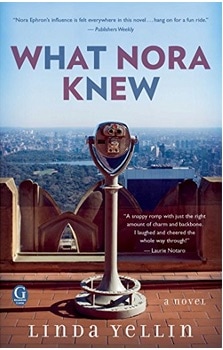
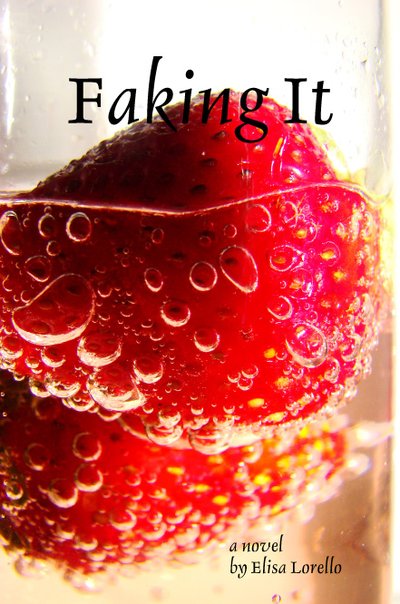
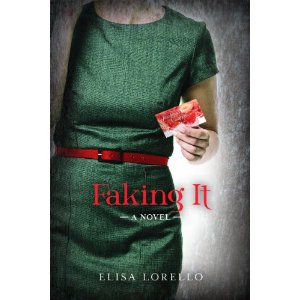
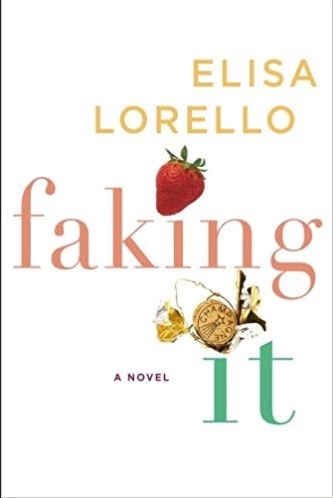
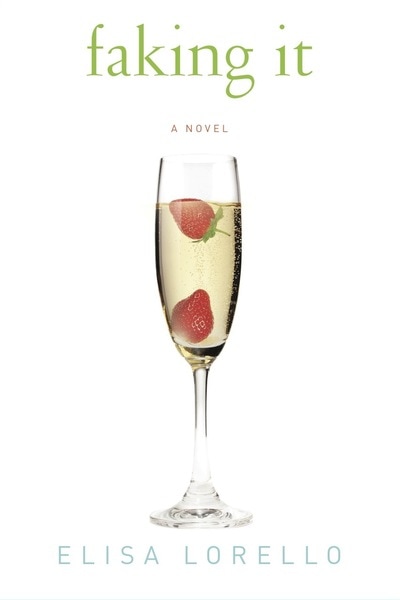



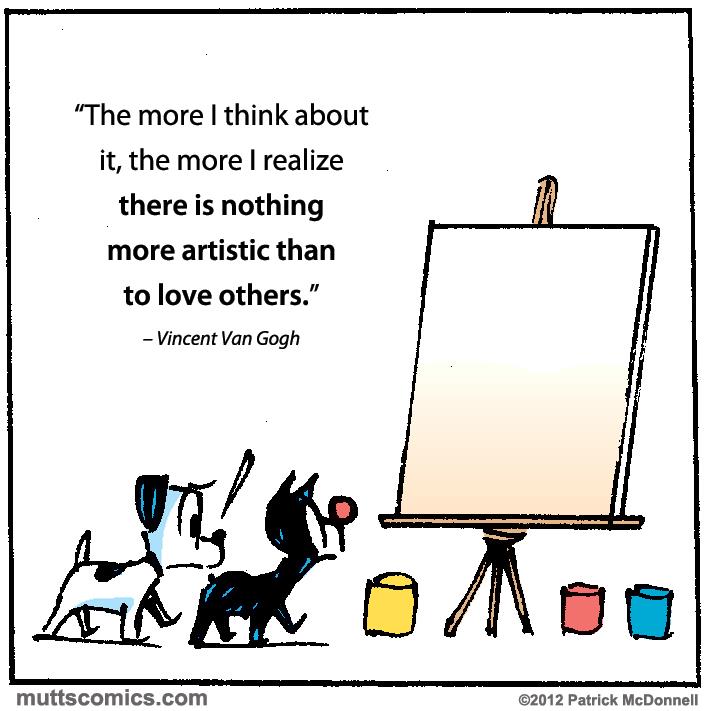
 RSS Feed
RSS Feed